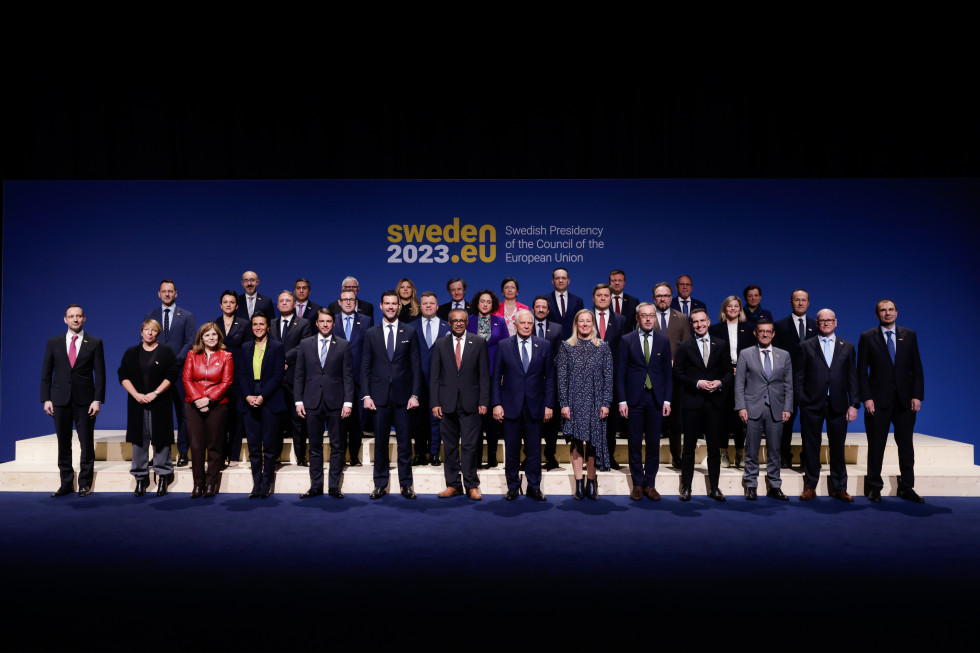Informal meeting of EU development ministers on global health and Ukraine
The EU development ministers discussed with Director-General of the World Health Organization Tedros Adhanom Ghebreyesus the new EU Global Health Strategy, which sets up global health as a fundamental pillar of the EU's external policy. They underlined the need to catch up with the health-related targets of the 2030 Agenda for Sustainable Development, which have been set back in many countries as a result of the COVID-19 pandemic. Strengthening health systems and ensuring universal health coverage for all is a key task. The WHO Director-General thanked EU countries for their strong, sustained and united support to the WHO.
The second day featured a discussion on the situation in Ukraine, with Oleksandr Kubrakov, Deputy Prime Minister for Restoration of Ukraine, joining the meeting via video link. He thanked the EU for its support provided so far, and updated the ministers on the current coordination in the field of reconstruction, the situation on the ground, Ukraine's assessment of urgent needs for this year and the priorities for reconstruction in the medium term. The main reconstruction areas as identified by Ukraine are the energy sector and critical infrastructure.
Acting Director-General Edvin Skrt said that Slovenia has so far provided extensive and comprehensive assistance to Ukraine and will continue its solidarity as long as it is needed. He also explained that the reconstruction process will have to be linked with the reform process in the context of Ukraine's EU approximation and that the proper coordination of donors will be vital as regards the reconstruction. This is a wide-ranging process involving civil society, the private sector and other stakeholders. He also mentioned that reconstruction will not be possible without a secure environment that is mine-free. Mine contamination hampers economic development and poses a major threat to the safety of people, especially children. Slovenia offers assistance in the challenging mine clearance efforts through capacity building and knowledge transfer. In addition to demining, Slovenia can offer expertise in the rehabilitation of war victims, particularly in the areas of mental health and psychosocial support.
The EU development ministers also discussed the reform of the international development banks in the light of the widening development gap. They agreed that these should be better equipped to tackle global challenges such as climate change and food security, while maintaining the objective of poverty reduction, in line with the Sustainable Development Goals. To this end, it is imperative that the capacity of international development banks to work with the private sector, to adapt and to attract new resources be strengthened.
Under other business, the ministers discussed the stalled signing of the Post-Cotonou Agreement, the Global Gateway Initiative, the international donors' conference for post-earthquake reconstruction in Türkiye and Syria, and the situation of women in Afghanistan.


